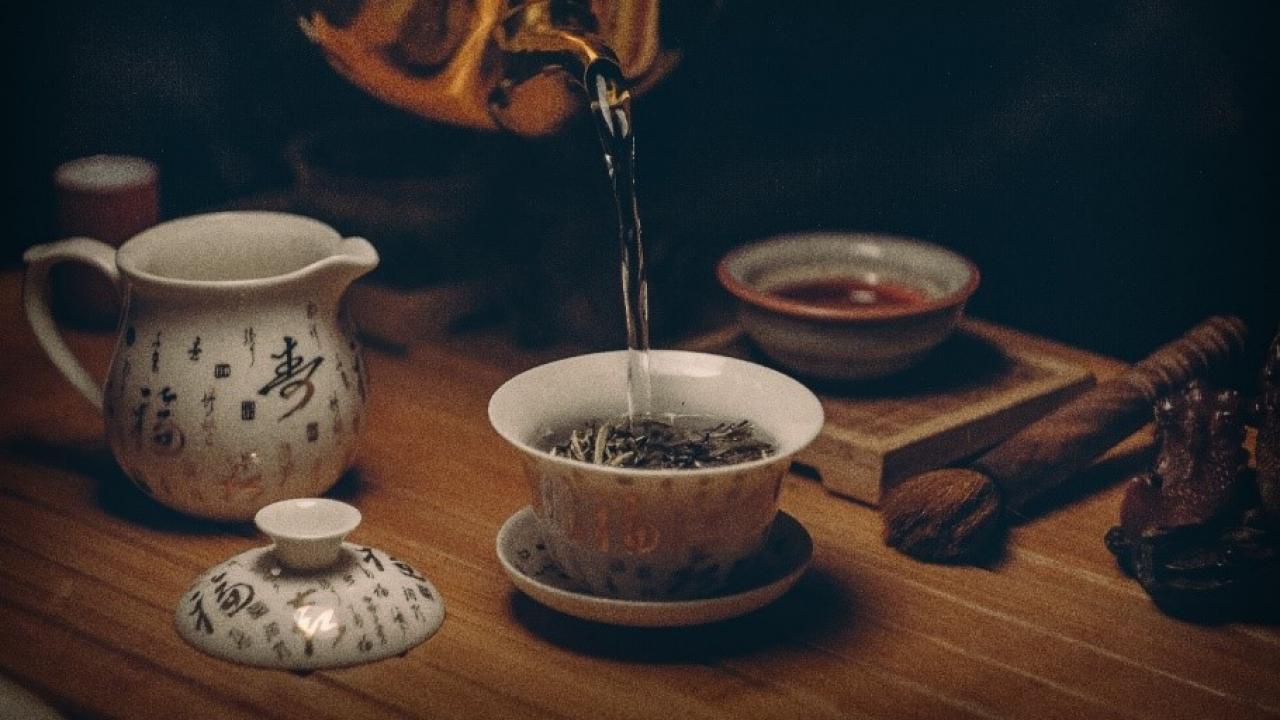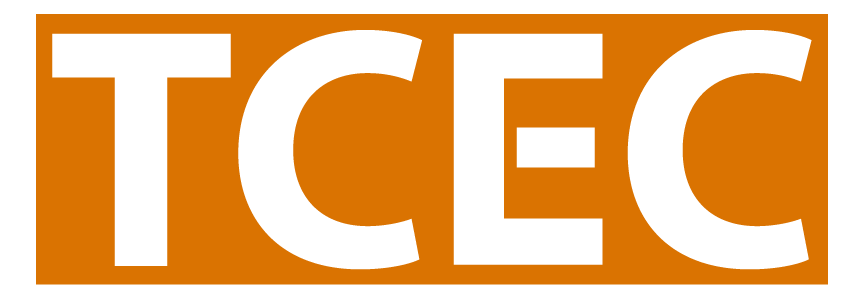
TEA Time: Looking Back to Move Forward
by Jorge Andrews
I remember the times back in grade school, specifically in the summer months, when my friends and I would get together and collaborate on small projects. You could always tell who was hosting the day’s meeting by the bikes parked in front of a house or apartment.
During our collaboration meetings, my friends and I would pool our resources and share knowledge to complete a task and improve our skills. We would share information that we had gathered from our independent social resources (other friends) or industry resources (Nintendo Magazine or Lego Club magazine) and use them to inform our next actions.
Of course, we didn’t really call these get-togethers “meetings,” we called it hanging out. We didn’t call our activities “projects,” we called it play, and of course we didn’t perform “tasks,” we usually just played video games or built an amazing Lego worlds, incorporating couch cushions, book shelves and a lot of imagination.
My friends and I didn’t know it at the time, but what we were engaged in was more than just child’s play.
According to Etienne Wenger, there are three aspects that make up a community of practice:
- Domain: An area of interest shared with a group of people, usually with a set of skills that set them apart from other groups.
- Community: A space for sharing, collaboration and discussion, not just common physical space, but rather a space that allows for mutual learning.
- Practice: More than just a shared interest, participants must actively use skills or competences discussed, be it in professional or other role.
Back in those carefree summer days, my friends and I had no idea that we were taking part in our own community of practice. In our case, the area of interest was beating a video game or creating the next awesome Lego ship. My buddy Richard’s living room was the space where we would share and collaborate. We also had a common practice, we were always trying to beat a high score or build a bigger better fort or defeat a video game villain in record times. Like bear cubs or wolf puppies, while we thought we were just playing, we were actually honing skills that would come in handy as adults.
Summer is here once again, and although I no longer play video games (although I do occasionally bring out my old Legos), I still use the skills picked up during those days in my current professional life. The Tobacco Control Evaluation Center wants to bring back some of those warm fuzzy feelings from the nostalgic past.
As you may have heard, TCEC is creating a community of practice for tobacco control evaluation. We are calling it The Evaluator Alliance (TEA). We envision TEA as being a collaborative space where evaluation ideas can be shared, efforts can be encouraged, and grievances voiced with the goal of finding innovative solutions as we move forward in our work to eradicate tobacco from California communities.
If you are interested in joining our community of practice, send TCEC an email (tobaccoeval@ucdavis.edu, or email me personally at jtand@ucdavis.edu) and let us know you would like to join us. We will put together a list of Initial Collaborating Evaluators for The Evaluators Alliance (ICE TEA).
We invite all of our new and seasoned evaluation friends to come on over to our virtual living room and talk evaluation with us. We might not call it “playtime” any more, but we can all make time for TEA!
